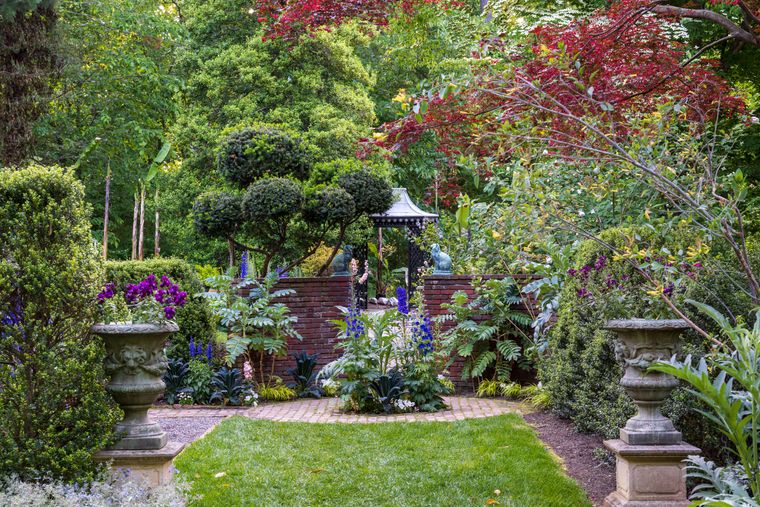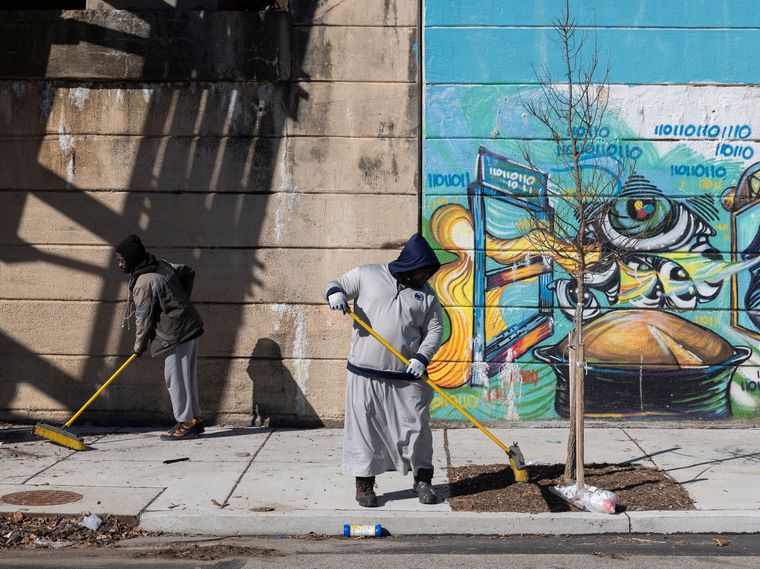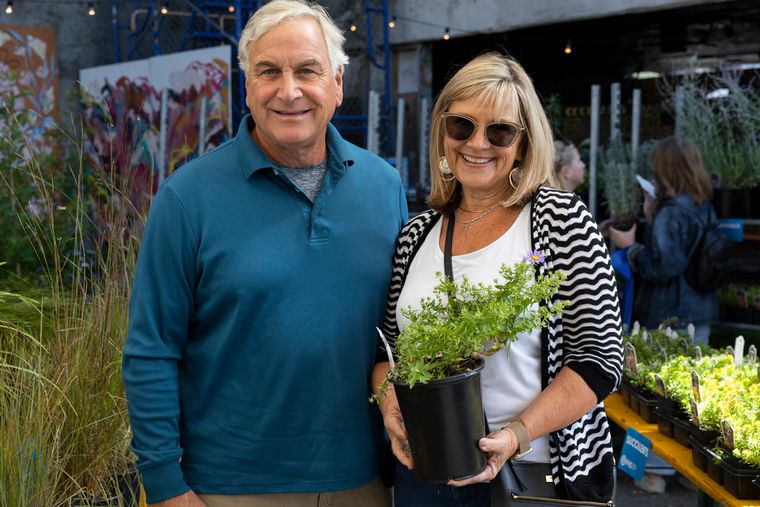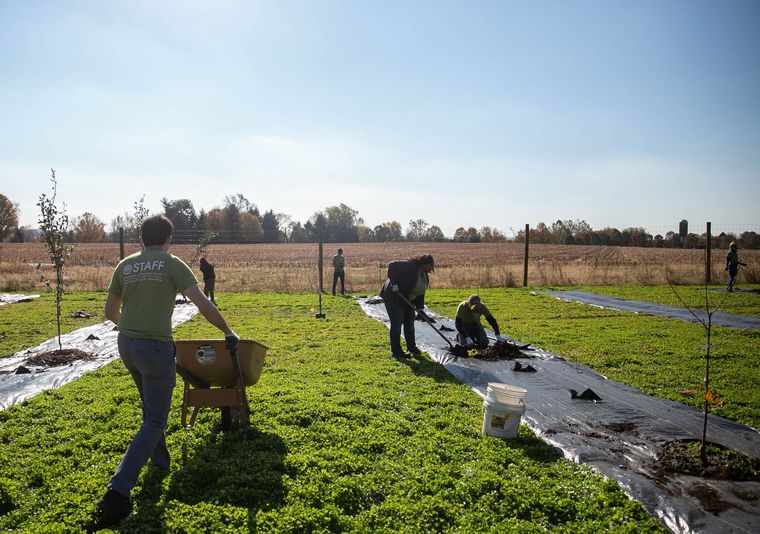



Gardening for the Greater Good – August 2019
Press Releases
gardening for the greater good
gardens to visit

Long before seed packets lined the aisles of garden centers, seed saving was the sole way farmers and gardeners could secure future harvests. Thanks to this practice, we can enjoy heirloom beans and tomatoes that carry decades of history in each bite.
Though seeds are now widely available in bulk, many gardeners still promote the value of seed saving. Continuing this ancient technique is the key to preserving historical plants and tight-knit communities of growers. Perhaps that’s why TrueLove Seeds, a seed company based in Pennsylvania, proudly proclaims on its website that “keeping seeds is an act of TrueLove for our ancestors and our collective future.”
According to Owen Taylor, founder of TrueLove Seeds, the company is about more than preserving heritage flowers, vegetables and herbs. Seed saving gives him the opportunity to support small-scale farmers and provide a platform for their stories.
“People tell their own stories here,” says Owen. “All of the farmers that grow seeds for the TrueLove catalogue grow seeds that are part of their own ancestral or regional history. The stories of those seeds are told by the farmers on our website and catalogue.”
For refugee and immigrant communities, organizations like TrueLove extend a branch between their home in America and their roots in other lands. The unique variety of seeds they offer allows communities to grow regional plants they wouldn’t have access to at the average garden center. TrueLove further supports these communities by working with farms like the Novick Family Urban Farm, which provides farming apprenticeships to refugees from Myanmar.
Owen and his team also offer apprenticeship to those hoping to learn more about seed saving. Growers learn the ins and outs of producing and packaging seeds, as well as how to grow and nurture ancestral crops. Encouraging apprentices to collect seeds from traditional crops expands not only the catalogue of seeds available to other gardeners, but also the apprentice’s connection to their own heritage.
“Food is always the first thing that people seem to share from their backgrounds. It has been great to see people connect across their cultural differences through seed keeping,” says Owen.
Apprenticeships and workshops are essential to making seed saving more accessible, according to Sara Ozawa, PHS Community Outreach and Engagement Specialist serving the City Harvest and NGT networks. Seed saving is no easy feat for beginners – it requires open-pollinated seeds, proper harvesting and careful storing. “Right now, it’s an expertise that not everyone has. Seed saving is really held as an artform and small business,” she says.
Many gardeners save seeds to encourage food sovereignty, a movement to have access to healthy, culturally appropriate and sustainably produced food. Truelove supports this movement by returning seed varieties to the Native American tribes from which they originated. “Seeds should be with their people. We return them to their original caretakers when we can,” he says.
Community outreach from programs like TrueLove and PHS are teaching the next generation of seed savers, meaning decades from now we will still savor the sweet, smoky flavors of a Paul Robeson Heirloom Tomato.
“If you want to grow an heirloom variety because you have a cultural attachment or because you want access to healthy food, you’re going to have to hunt that seed down somewhere,” explains Sara. “Being able to save that seed yourself provides a type of agency.”